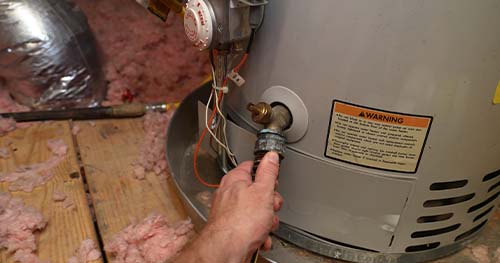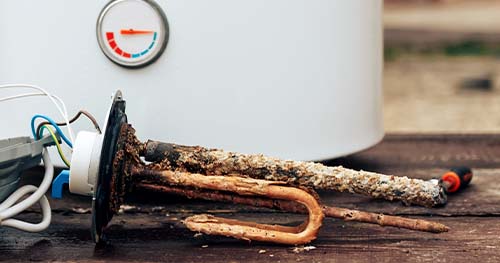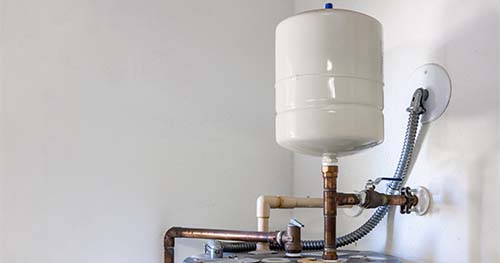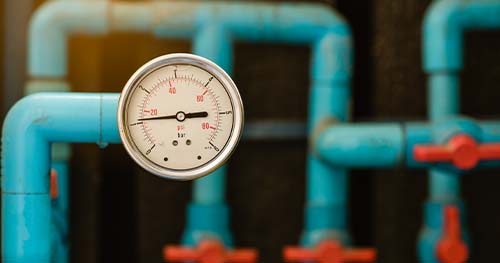It’s common knowledge that the water heater, just like almost everything else in this world, has a lifespan. Regardless of the age of your current water heater, you’re very lucky if it lasts more than 10-15 years. However, you can extend the life of your water heater by taking routine care of it. Think of this like changing a car’s oil.
If you are looking for more information about to extend the life of your water heater, you’re in the right place. These tips will help keep your water heater in good working order for as long as possible.
Flush Your Water Heater Once Every Year
Water heaters, like all other appliances, need to be cleaned. And you should know how to flush your water heater. When you flush your water heater, you’re cleaning it from the inside out. Removing sediment and scale leaves a fresh start for the next time you use your hot water supply. Think of it like changing the oil in your car.

Change the Anode Rod
An anode rod is a metal rod installed in your water heater to prevent corrosion and rust from damaging the tank. As water passes through the tank, it comes into contact with dissolved minerals in your water supply. Those minerals react with the metal inside your tank and form a layer of corrosion on its surface. The anode rod serves as a sacrificial piece of metal that corrodes instead of the inner shell of your tank so that you don’t have to replace it too soon.

Consider an Expansion Tank
An expansion tank is a device used to prevent water heater fires and damage to the appliance by reducing the pressure inside the water heater tank. It does this by allowing a small amount of air to escape from the tank through a vent pipe when hot water is drawn from the faucet. The air then escapes back into the atmosphere outside your house. Without an expansion tank, water heaters can overheat and burst due to high pressure inside their tanks.

Test the Pressure-Relief Valve
A pressure relief valve is an important safety device on any water heater.

Install a Water Softener or Whole House Filter
Water heaters are not designed to last forever. As they age, they become less efficient and more prone to failure.
A water softener or whole house filter helps to extend the life of your water heater by reducing the amount of minerals and other contaminants that get into your water supply.
The most common types of whole house filters and softeners are made from calcium sulfate (also known as gypsum) or zeolites — mineral rocks that remove particles from water as it flows through them.







